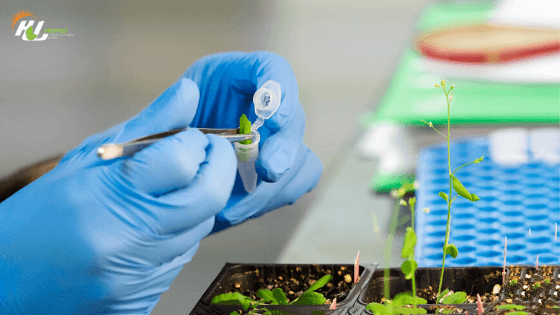The food processing industry in India is increasingly seen as a potential source for driving the rural economy as it brings about synergy between the consumer, industry and the farmer. A well-developed food processing industry can increase farm gate prices, reduce wastage, ensure value addition, promote crop diversification and increase export earnings. However, food processing activity is still at a nascent stage in India with low penetration. The challenges for the food processing sectors are diverse and demanding and need to be addressed on several fronts to derive market benefits. Food industry is facing technical and economic changes owing to society, consumption trends and food processing. This fact has affected significantly the entire food supply chain (e.g. distribution of food to the consumers), forcing companies to pay high attention in food products that meet the consumers’ demand for a healthy lifestyle. As a consequence, there is an extensive dialogue about the need of food industries to upgrade quality & introduce innovation in the market in order to survive competition.
Innovations emerge not just as an opportunity but also as a pre‐condition to assure the sustainability of the food sector. It is an important instrument to stand out competition and satisfy consumer demands. Ultimately, they are the tools to success in a hard-economic environment, the carrier to penetrate new markets and the key to establish new products or processes.
On the other hand, food industry is traditionally considered as a sector with low research intensity. Although researchers develop continuously innovative products and technologies, their applications in the food industry meets several obstacles. The latest fact concerns more the introduction of the innovations within the food industry as well as the reaction of related consumers, and less the technological adequacy of the innovative techniques. Indeed, there is a gap between R&D strategy developers and technical R&D associates, as well as a lack of interpretation between the information received by food technologists and consumer scientists.
Today, the cutting-edge areas of the food industry include biobased packaging materials, functional foods, food waste recovery, adoption of ICTs, foodomics, emerging technologies etc. The development of sustainable innovations in these areas starts by dealing with long term R&D issues (e.g. networks development, open innovation, the role of innovation policies etc) and technical aspects (e.g. conventional versus emerging technologies) prior identifying resistance issues and designing strategies that meet the needs of the food industry.
Technological innovations
In today’s times, food safety and innovation have become a pre-requisite aspect to improve process, keep products and services relevant to our customers and stay ahead of competition. According to a recent report from ING, technology helps food manufacturers produce more efficiently for a growing world population. There are 7.5 billion people in the world right now and that means a higher demand for food each year. By using innovation/technology to improve processing and packaging, it can improve the quality, shelf life and safety of food. To get a better understanding of this, let’s delve deeper in understanding the food processing industry per se.
Fillip of Food Quality & Sustainability
Quality management plays a vital role at many different stages of sourcing, processing, packaging including regulations on nutritive value, shelf-life, raw materials, taste, texture, use of preservatives and so on. Food safety & quality is an important characteristic of food that can neither be overlooked nor ignored. Consumers prefer food that is fresh and scores high in quality and taste. Likewise, when we are talking about innovation in food processing industry, we are hinting at combining technical innovation with social and cultural innovation. It occurs throughout the food system, from harvesting to production, primary and secondary processing, manufacturing, cold chain and pack houses till distribution.
In India, we often lose out on cost, quality and deliverability of products on time due to various technical and infrastructural problems. By adopting quality management and implementing innovative technical processes, companies can easily increase production, boost productivity and most importantly deliver perishable food items to the end-consumer with freshness intact. Innovation in terms of using new technology can certainly improve the quality of food and taste with cheaper prices and greater convenience.
The good news is companies in India have started paying more attention to quality and innovation to boost profits and be on par with global players. Understanding, the woes of the industry, the present government has also pitched in by implementing a scheme for technology upgradation of food processing industries. The aim of this scheme is to promote latest technology in the preservation of perishable commodities including processing of horticultural produce through setting up of new food processing units as well as technological upgradation and expansion of existing units. Under the scheme, assistance has been availed by entrepreneurs for modernization and setting up of processing units for fruits & vegetables, meat, milk, fish, grain, beverages and consumer products.
At HL Agro, by embracing technology, new science and innovation, we are leading this fight. Our aim is to use this approach to provide greater insight into the manufacturing challenges and ultimately develop holistic plant-based ingredient solutions that nurture nutrition, support greater food sustainability and are in line with the futuristic food trends.
Adhering to the food safety regulations, we employ strict checks at critical points in the supply chain, engage the most advanced technology for processing/ packaging and maintain the quality of our final produce.
The growth trajectory of food processing industry looks promising despite the complex and diverse nature of its business. Food safety, sustainability and innovation must be viewed as a powerful tool that becomes an impetus for growth, facilitate in gaining entry into new markets and most importantly emerge as a solution to establish new products and processes.






